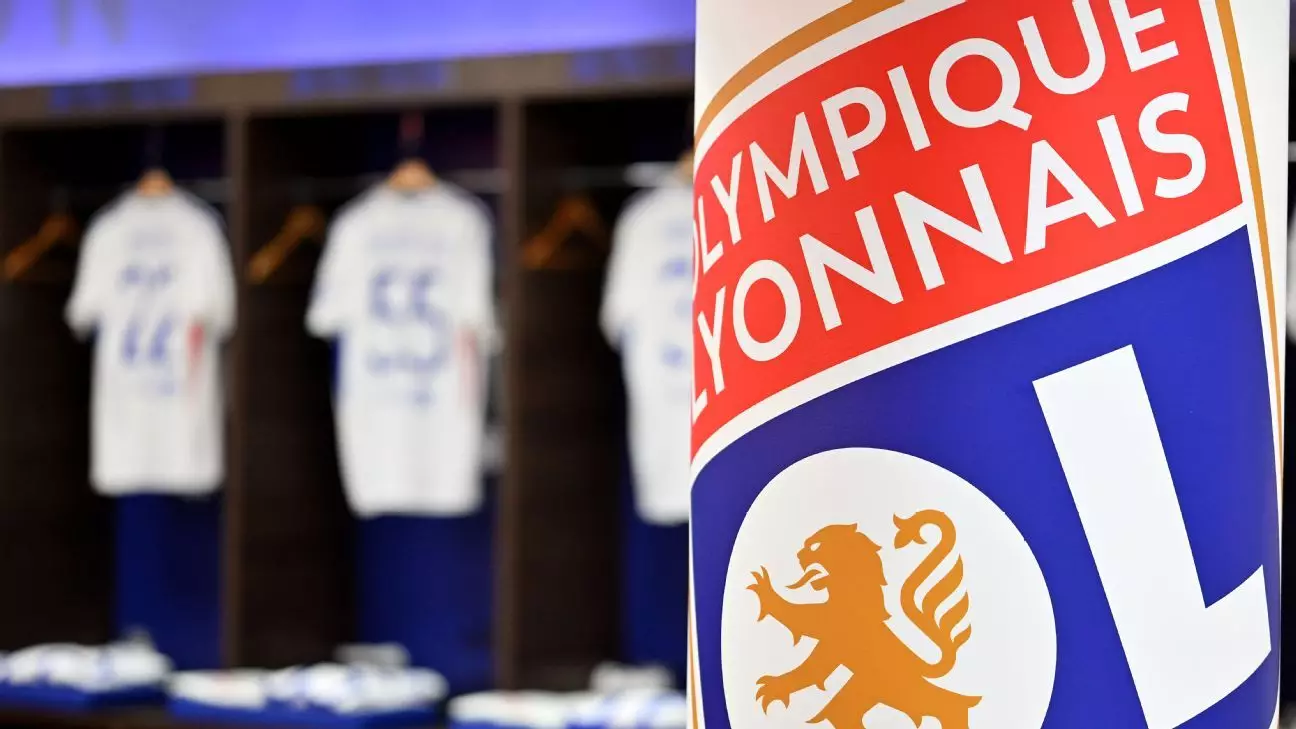Olympique Lyonnais, a cornerstone of French football, is facing dire consequences following a decision from the National Directorate of Management Control (DNCG). The club, under the ownership of American businessman John Textor, has received a transfer ban for the upcoming January window and has been provisionally relegated from Ligue 1 by the end of the season due to severe financial mismanagement. This situation not only jeopardizes the club’s immediate future but also casts a shadow over its historical legacy.
The DNCG’s decisions came after an extensive review during a hearing. Textor claims that the meeting was productive, asserting that there is no concern regarding the financial viability or the operational model of Lyon. However, this presents a potentially misleading narrative. While Textor announces plans to present a more robust financial forecast, the crux of the issue lies in the club’s mounting economic challenges, which starkly contrast his optimistic outlook.
Adding to the gravity of the situation is Lyon’s reported financial debt, which has soared to an alarming €505.1 million. This staggering figure not only highlights the club’s financial mismanagement but also raises questions about its governance and long-term viability. The DNCG’s mandate to ensure fiscal responsibility in professional football is vital to maintain competitive balance within Ligue 1, and Lyon’s case serves as a potent reminder of the consequences of neglecting this responsibility.
Historically, Lyon has been a powerhouse in French football, boasting an impressive record of seven consecutive Ligue 1 titles between 2002 and 2008, alongside several remarkable runs in European competitions. However, the club now stands on the precipice of relegation, a reality that would be unthinkable given its previous status. If Lyon fails to demonstrate a more stable financial outlook, the repercussions could extend beyond relegation, potentially affecting their ability to attract top talent and maintain competitive stature.
The present circumstances of Lyon serve as an essential lesson for clubs across the globe regarding prudent financial practices. Overspending and mismanagement can lead to dire consequences, not just in sporting terms but also in maintaining institutional integrity. The DNCG’s stringent regulations aim to prevent such downward spirals, promoting a healthier environment for professional football.
The challenges facing Olympique Lyonnais underscore a critical juncture in the club’s history. The upcoming months will be pivotal in determining whether Lyon can extricate itself from this financial quagmire. As Textor and the club’s management prepare to navigate these treacherous waters, the commitment to financial transparency and accountability will be essential. Only with a renewed focus on sustainable practices can the legendary club hope to reclaim its former glory on both domestic and international stages.

